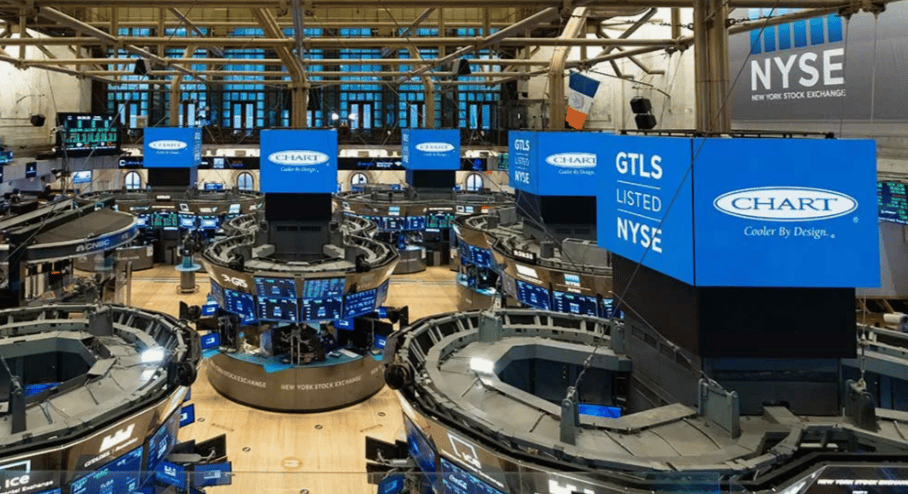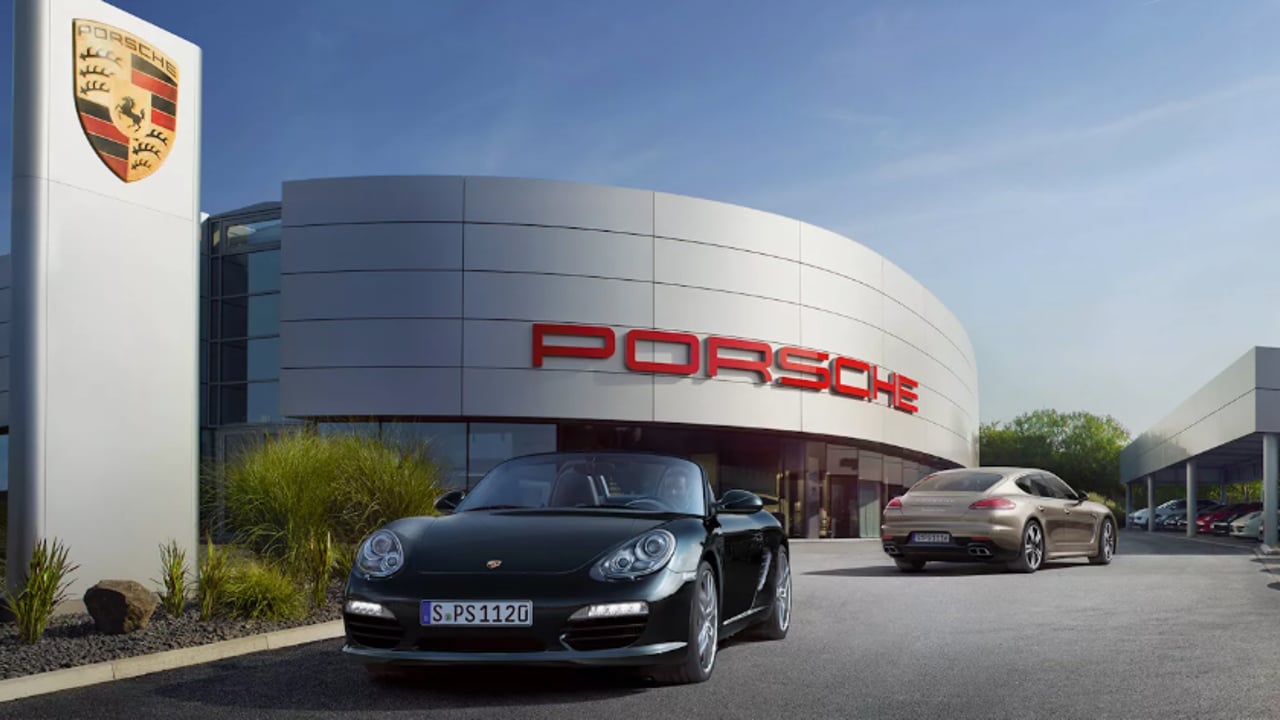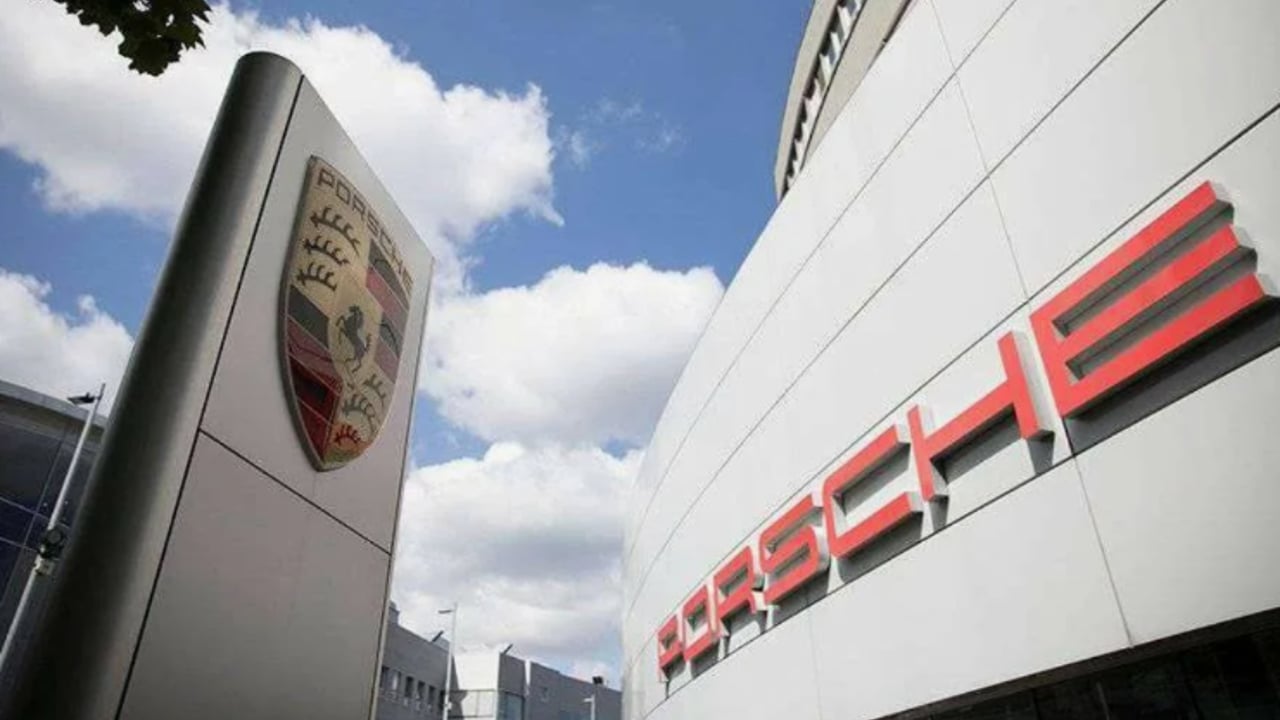Related Articles
Chart Industries and Flowserve Corp Announce a $ 19 Billion stock Merger amid Growing Demand
Chart Industries $GTLS and Flowserve Corp $FLS have agreed to merge in a stock-for-stock transaction that values the combined enterprise at approximately $19 billion. This consolidation emerges against the backdrop of expanding global investments in artificial intelligence (AI) and the rapid growth of modern data centers, both driving unprecedented demand for advanced industrial equipment and post-sale services.
Starbucks Appoints Mike Graham as COO to Drive Operational Efficiency and Return to Coffee Roots
Starbucks Corporation $SBUX announced on Wednesday the promotion of Mike Graham, the company’s North America coffee operations director, to Chief Operating Officer (COO). This appointment is part of a broader series of strategic moves initiated by CEO Brian Niccol, who took the helm in 2023 with a vision to streamline Starbucks’ operations and renew its original coffeehouse ethos.
Wells Fargo Asset Cap Removal: CEO Charlie Scharf Reacts to $1.95 Trillion Milestone
On Tuesday, Wells Fargo & Company $WFC witnessed a significant milestone as US regulators lifted the long-standing asset cap of $1.95 trillion, imposed following the bank's past compliance and risk management issues. This development marks a crucial turning point for Wells Fargo’s balance sheet expansion and signals a restored confidence from the Federal Reserve and other regulatory bodies.








Innovative investment strategies are setting the pace for breakthrough developments in tech